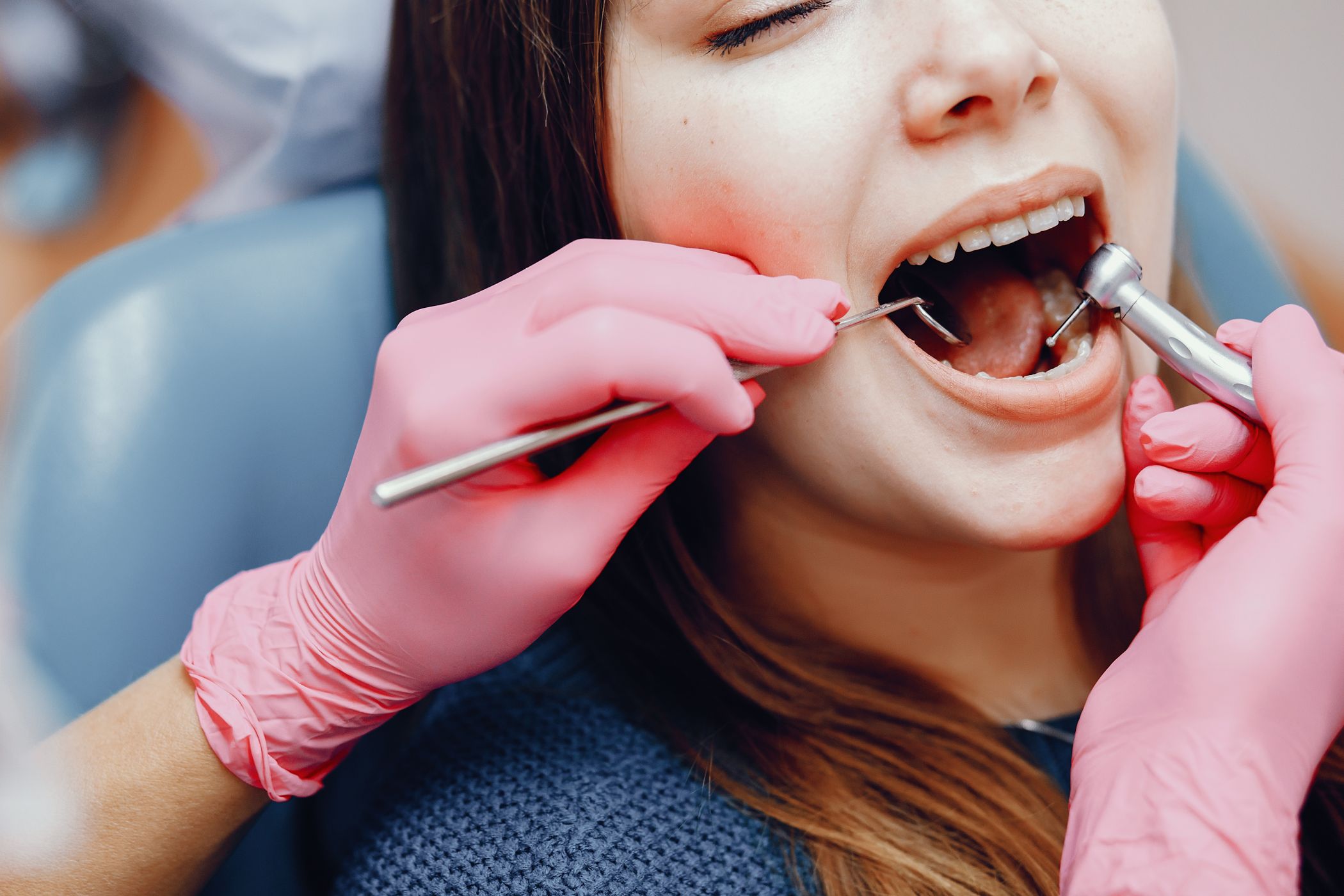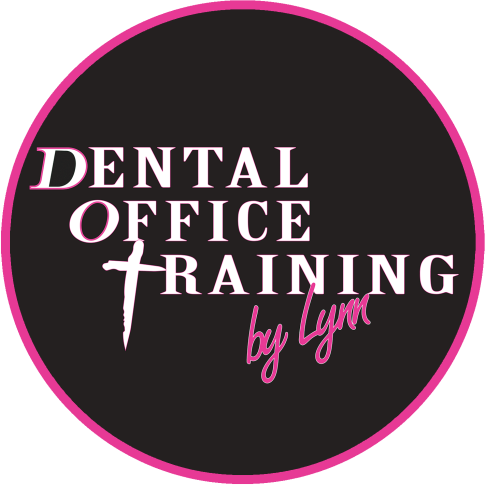
The truth is : it all depends on the severity of your decay or cavity.
Cavities/caries are also called “decay” or “holes in the teeth”
The definition of a dental cavity is “Permanently damaged areas in teeth that develop into tiny holes.”
How do I know if I have a cavity?
You may notice that your teeth feel sticky or tacky – this may be a sign of decay. If you notice that you have a sharp pain when drinking something hot or cold, you may be forming a cavity on a tooth. You can also determine if your teeth may be in trouble if your gums are extremely red or inflamed. Gums are like a muscle, the more your massage and brush them, the healthier they will be. Consistently brushing and flossing your teeth is the most effective way to prevent cavities.
However – it is always a good idea to schedule an appointment with your dentist if you have concern about a cavity. Dental x-rays are the most effective way to diagnose decay.
Practice good oral hygiene
Adopting good oral hygiene practice theoretically can “reverse” the amount of decay on your teeth. This will not happen overnight and takes months of consistent practice – however, in the long run the benefits far outweigh any other alternative. A good oral hygiene routine will naturally prevent decay and plaque which lead to cavities.
Your dentist can help you effectively and safely remove decay from your mouth. If you are having severe pain you should always schedule an appointment to see your dentist.
Did you know enamel is the strongest structure in the human body? Decay forms when bacteria eats through the enamel of your tooth and starts to form decay/holes on the surface. When you go to the dentist to get a restoration for your cavity, they remove all of the sticky, tacky, decay and replace it with amalgam or composite. Some people are simply naturally more prone to getting cavities due to the pH balance of their saliva. Everyone is different.
With consistent, proper oral hygiene practice it significantly reduces the risk of caries/cavities.
Here are some tips that could help reduce the risk of cavities
- Sugar free gum
- Use fluoride mouthwash and toothpaste
- See your dental hygienist regularly for your 6 month cleaning
- FLOSS! – flossing removes decay interproximally which is just as important as the “top” or occlusal surface of your tooth).
- Drink unsweetened green tea – green tea naturally has fluoride in it so it will act as a natural cavity cleanser.
Do you discuss cavity prevention and natural remedies in your 12-Week Dental Assisting/Radiology Program?
During our 12-Week Dental Assisting/Radiology course we extensively cover the root cause of cavities and the best, most natural ways to prevent decay. We also discuss the best ways to restore a tooth once the decay has become irreversible and needs a doctor’s attention.
Dentistry is very oriented around prevention because we always want to preserve as much natural tooth structure as possible – this will keep your mouth happy and healthy for as long as possible.
Questions about our upcoming programs or would like to schedule a tour?
Give us a call or check out our Facebook/Instagram page to see all of the fun we have during our program.
on Facebook!
317-585-9015
If you’d like to enroll in our program give us a call at 317-585-9015.
Start your new journey to becoming a dental assistant today, by contacting Lynn Uptgraft.
Request Enrollment | DOT North
"*" indicates required fields
